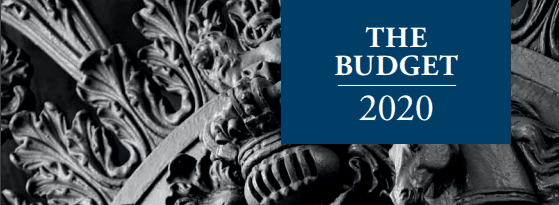Automatic PAYE Refunds: Important Changes
HMRC has stopped posting out automatic cheques for individuals due tax refunds. Now, in order to receive your PAYE repayment,…Read More
For an up-to-date summary please visit our Autumn Statement 2022 blog.
The newly appointed Chancellor, Rishi Sunak, announced a spirited Budget with a repeated emphasis on ‘getting things done’, echoing the recent election campaign. His initial focus was on the short-term measures needed to deal with the challenges the UK faces as a result of the coronavirus pandemic. These amounted to a £12bn fiscal stimulus, with more available if required. There was help for both businesses and individuals.

To read the full summary of the Budget 2020, click here.
The Chancellor is due to announce another Budget in the Autumn and so there were several consultations about possible future tax changes, including new proposals on the treatment of fund management companies, pension tax administration, and aspects of research and development tax credits.
If you have any questions about the summary’s contents or how any aspects of your tax and financial planning may be affected by the Budget, please contact us to discuss them.
Subscribe to our email communication to stay abreast of the latest financial updates that may affect your personal or business tax and financial planning.
HMRC has stopped posting out automatic cheques for individuals due tax refunds. Now, in order to receive your PAYE repayment,…Read More
We are delighted to announce that the DTE Corporate Finance team has advised the shareholders of RJ Urmson Group on…Read More
In our last article we outlined the most common benefits of buying a business. Although, taking the acquisition route can…Read More